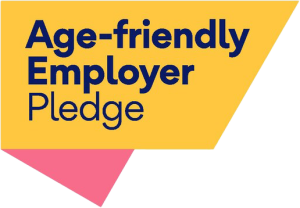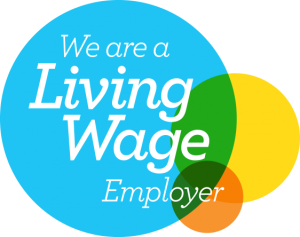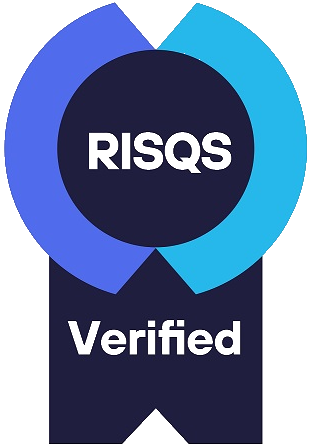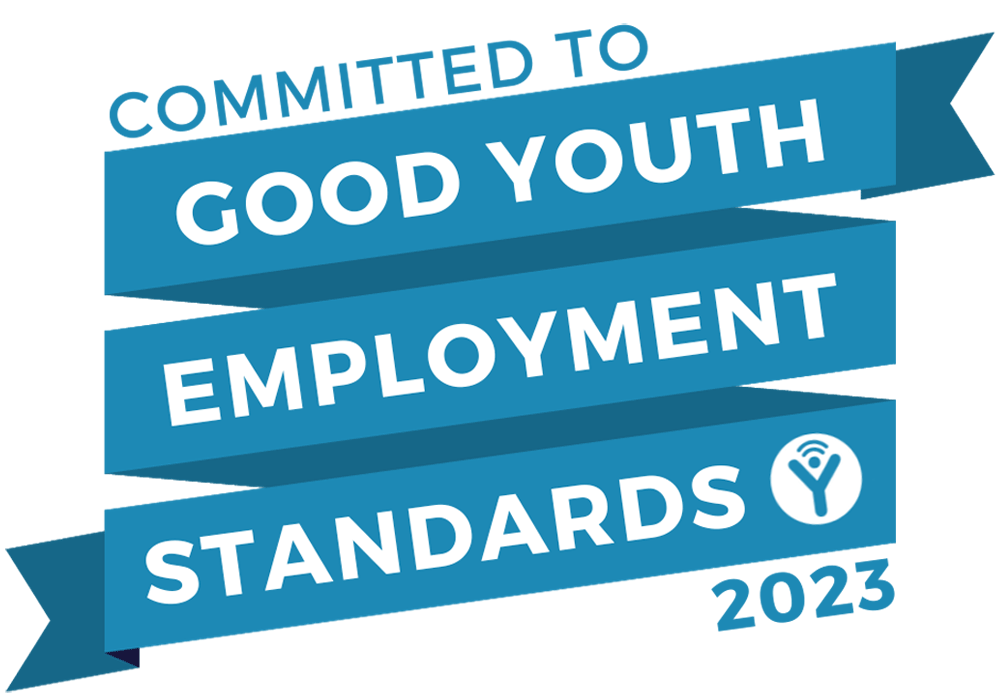How your business can embrace Plastic-Free July
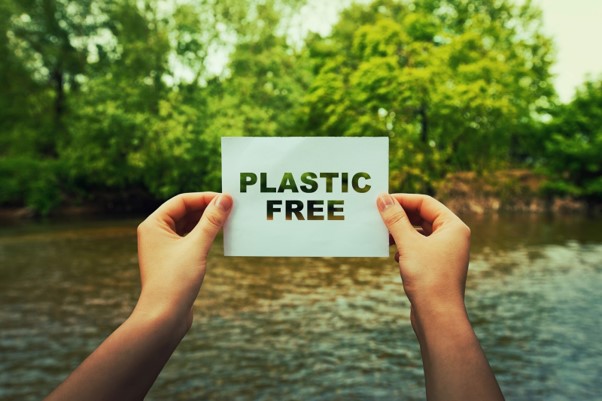
The 1st of this month marks the start of Plastic-free July, a month where we’re challenged to forego plastics as part of the global efforts to reduce damage to the environment.
While we’re all making changes at home, sorting our recycling, reusing packaging and reducing our waste, many businesses still have a way to go.
We’d encourage everyone to take up the challenge of a Plastic-Free July. Obviously, for some businesses, this isn’t realistic, but even small reductions to plastic waste can make a difference.
After all…
“We don’t need a handful of people doing zero waste perfectly. We need millions of people doing it imperfectly.”
Said, Anne-Marie Bonneau
With that in mind, there are a few low-effort, high-impact ways that you can begin to reduce waste in your business. How many can you tick off the list?
Simple Changes For A Plastic-Free July Workplace
- Replacing plastic milk bottles with glass in your break room
- Remove single-use cups, replacing with reusable options
- Share the plastic-free message with customers and staff
- Do a “bin audit” to better understand what plastics you’re throwing away
- Ask your suppliers to ditch the plastic and use recyclable or returnable cardboard
- Seek out suppliers who offer environmentally friendly packaging
As more businesses look for ways to reduce their plastic waste, there are a growing number of suppliers making new options available, helping to push down the prices.
So, where once the eco-friendly option meant a significant hit to the bottom line, that is no longer always the case.
In fact, companies like PrioryDirect and DavPack (no affiliation) offer huge ranges of low or no-plastic packaging, so making the transition can be as easy as switching suppliers.
Not only does this reduce your own businesses plastic waste, but it channels income to suppliers who are moving with the times and offering their customers affordable solutions.
Astoundingly, for every one bin of plastic waste we throw out, there are approximately 70 bins of waste involved in its creation.
By making more environmentally conscious purchasing decisions, businesses can make a huge difference to the total waste in the UK.

